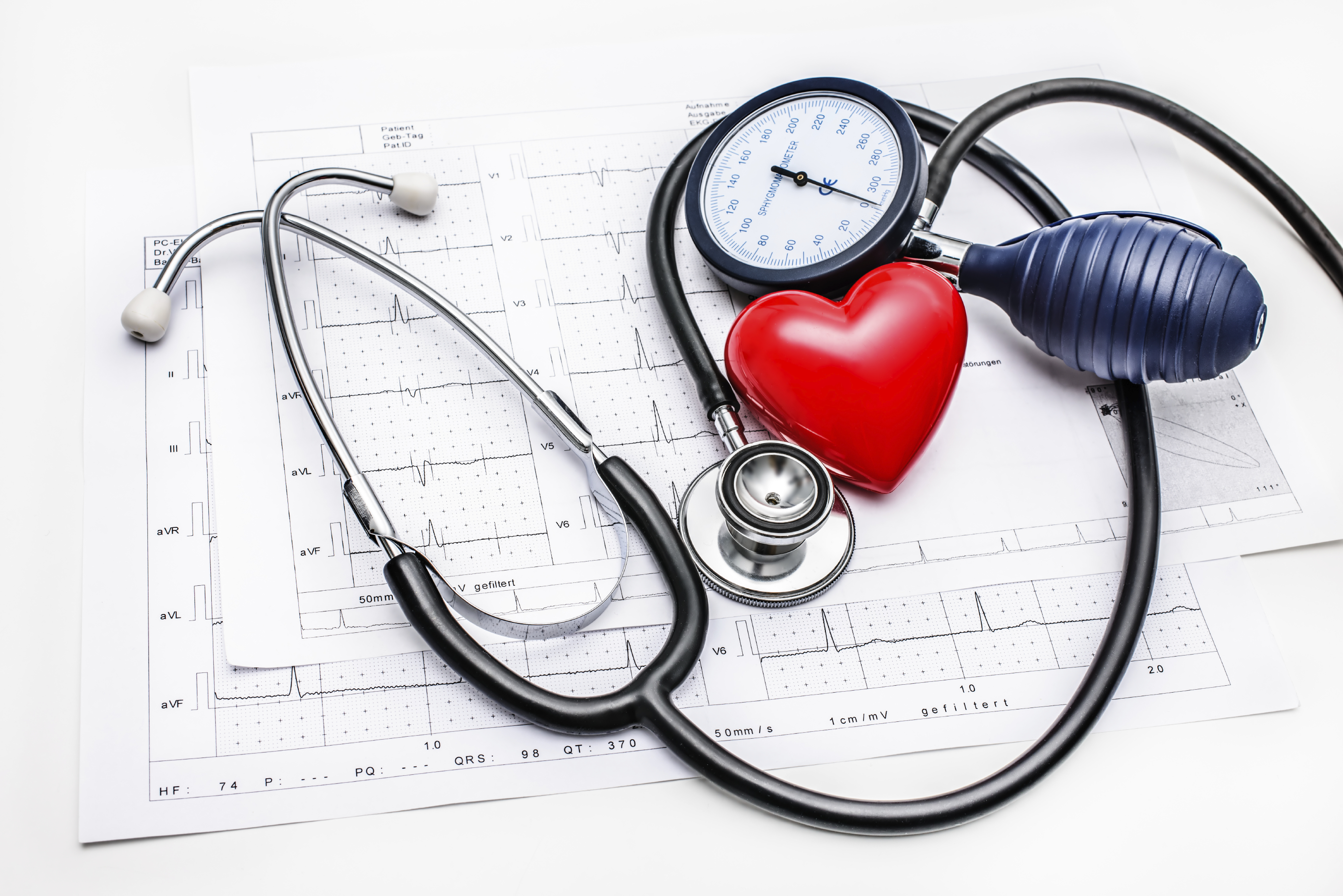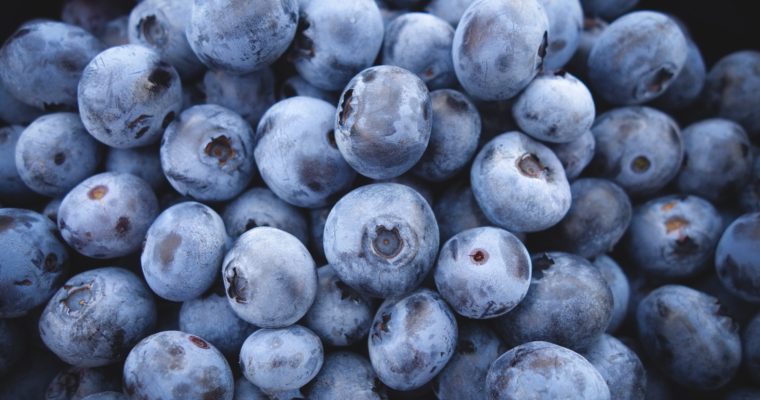Western-style dietary habits can be a major contributor to hypertension, especially in the United States. Nutritionist, Jeremy Cubelo gave us a guide to help maintain healthy blood pressure and there are also those that should be avoided.
Foods to consider
Fish: The omega-3 fatty acids in fish, along with other nutrients, protect blood vessels from plaque, reduce inflammation, and prevent high blood pressure (HBP).
Flax Seed oil: Flaxseeds, like fish, are full of omega-3 fatty acids that shield your blood vessels from plaque.
Celery juice: A common remedy for HBP is celery juice, which can be made with a blender or a juicer. Two to three 8 oz glasses a day for a month can help prevent high blood pressure or restore it to normal. Celery stalk contains over a dozen anti-inflammatory components.
Olive oil: Has beneficial effects on blood lipids and may also lower blood pressure.
Apple cider vinegar: Vinegar alkalizes the body and lowers your blood pressure.
Cucumber: A Natural Diuretic, cucumbers help hydrate and lower the pressure in the arteries.
Skim Milk: provides Calcium and Vitamin D – two nutrients which work as a team to help reduce blood pressure.
Spinach: A great source of fiber packed with potassium, folate and magnesium. These are key ingredients to lowering and maintaining healthy blood pressure levels.
Foods to avoid
Salt: Sodium has long been correlated to chronic ailments such as heart disease, HBP, and osteoporosis.
Coffee: Caffeine can cause a temporary rise in blood pressure. Caffeine can narrow blood vessels by blocking the effects of adenosine, a hormone that helps keep them dilated. Caffeine may also stimulate the adrenal gland to release more cortisol and adrenaline, which causes your blood pressure to increase.
Refined Sugar: Excess sugar ends up being stored as fat in the body, resulting in weight gain. Sugar increases blood pressure, especially in people who are overweight.
Alcohol: Drinking excessive amounts of alcohol may raise blood pressure to unhealthy levels. Alcohol also contains calories and may contribute to unwanted weight gain which is a risk factor for HBP.
Fats: Saturated fats (especially trans-fats) are bad for the heart and blood vessels. Extra strain to the circulatory system can be life-threatening. Instead, consume moderate amounts of unsaturated fatty acids (olive and canola oil)
Red Meat: too much red meat can increase cholesterol in the blood, which can increase fatty deposits in the arteries therefore resulting in HBP.
Processed Food: Most of these foods are high in salt, fats and lack essential nutrients.
Baked Goods: salt is used to bring out the sweet flavor in cookies, cakes, brownies, etc….. They also contain baking soda or baking powder which have added sodium.
What foods are you eating to regulate your blood pressure?






